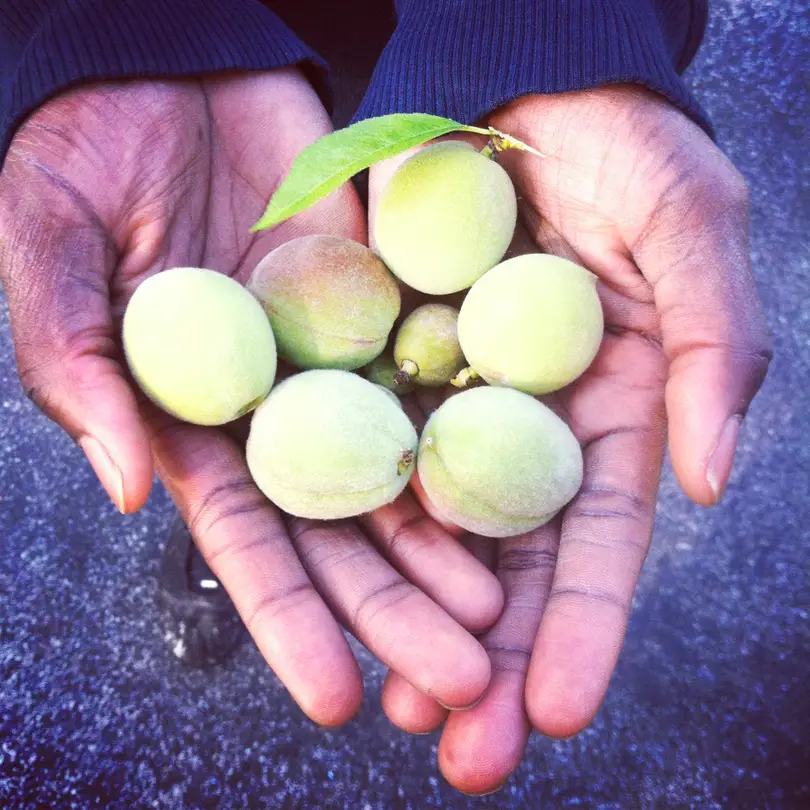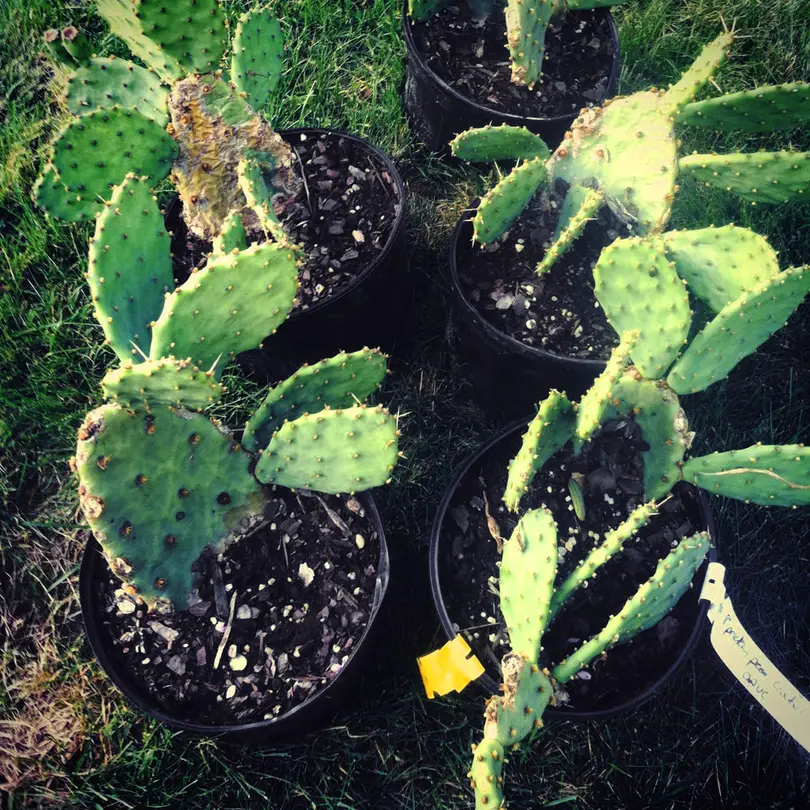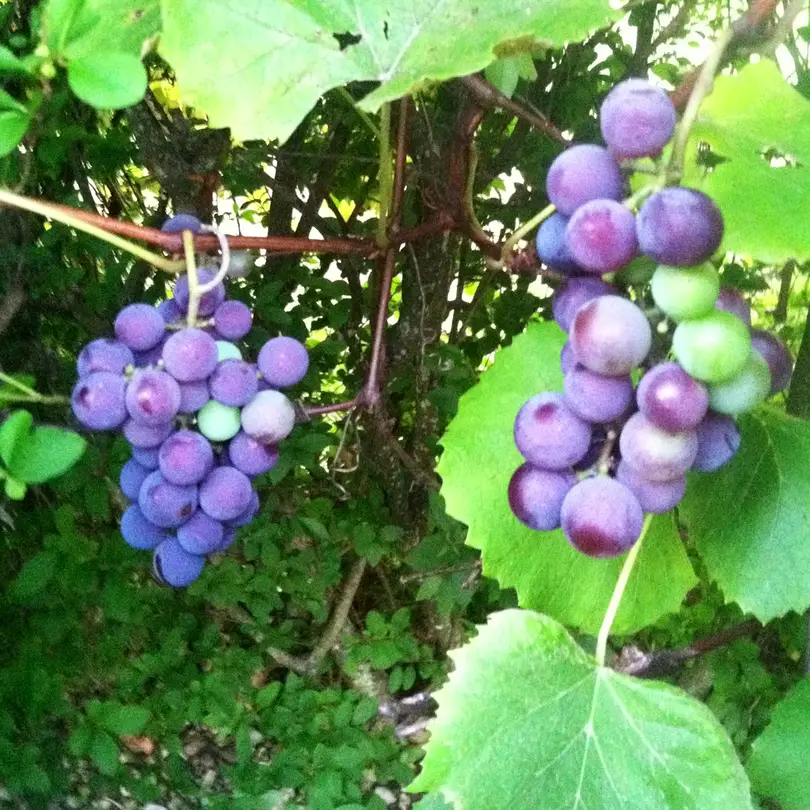Backyard business: Alumnus starts landscaping company using sustainable, healthy plants
A SUNY-ESF graduate is using the environment around him to feed his passion for helping others.
David Myers, a State University of New York College of Environmental Science and Forestry alumnus, created Backyard Orchards, which plants edible gardens in clients’ yards in Buffalo, N.Y. Myers came up with the idea for the business in 2008 while he was living in Miami. More and more houses in area were foreclosing, so he began to do “urban foraging,” where he would gather food from nearby fruit trees of the foreclosed homes.
“I was living less than a quarter mile away from a grocery store and my neighbor had enough food in her backyard for the whole neighborhood,” he said.
Although the idea for the business started in 2008, the actual business took Myers about a year to start, he said. He spent the winter filling out paperwork, as no planting could be done.
Myers said he realized that with a long enough time, whole neighborhoods could be planted with life-sustaining fruit trees. At SUNY-ESF, he began looking at the landscape as infrastructure, not just something that is decorative, he said.
“ESF also helped me value the overall health of the earth and of ourselves as well,” he said.
This led him to realize that the healthier the earth is, the healthier people are as individuals, Myers added.
Until his business was created, Myers was unsure how he would be able to use his talents, said Emanuel Carter, a professor of landscape architecture who had Myers as a student.
“It’s fair to say that for much of the time he was here, he wasn’t sure how he could best use his talents to have an impact,” Carter said. “Toward the end of his time here, it occurred to him that what he really enjoyed doing was serving the people he lives among.”
During his undergraduate career, Myers did not want a job that would give him high status or income, but a career that would make a difference in the community, Carter said. Carter said Myers came to him multiple times with different ideas and kept in touch while he was starting his business.
“We were tweaking the old model of a home landscaping service and realized that at the end of the day, not everybody wants fruit trees in their backyards, but they still have resource-wasting landscapes,” he said.
Myers said he wanted to make a resource-making landscape, like an apple orchard, rather than a resource-wasting landscape, such as lawns that people typically maintain but that don’t provide anything for the environment around it. Many of the plants in people’s yards are not native, he added.
“We think just because something is green and living that it’s part of the environment, but that’s not true,” he said.
Myers and his team are also looking to start a permaculture farm and spread hard-to-find plants in order to celebrate the environment’s biodiversity. Permaculture refers to the idea of permanent agriculture, said George Besch, a consultant in land use planning who works for Backyard Orchards.
“Right now, the key to how we envision, market and reach out to people starts with their interest in food security,” he said.
The company has had a few experiences bringing this idea up to their clients and most clients seem confused until he mentions the words “food security,” Besch said. Food security means always having food available, he said.
Besch said he got involved with Backyard Orchards when a friend of his asked if he had any creative ideas to adapt 54 acres of agricultural land that he had just outside of Buffalo. He thought of adaptive permaculture in order to convert the site from a more traditional, conventional landscape garden into something that can provide a resource in the area, he said.
Though Myers started Backyard Orchards on his own, Besch said it now has several employees and will only continue to grow.
Published on April 28, 2014 at 12:40 am







